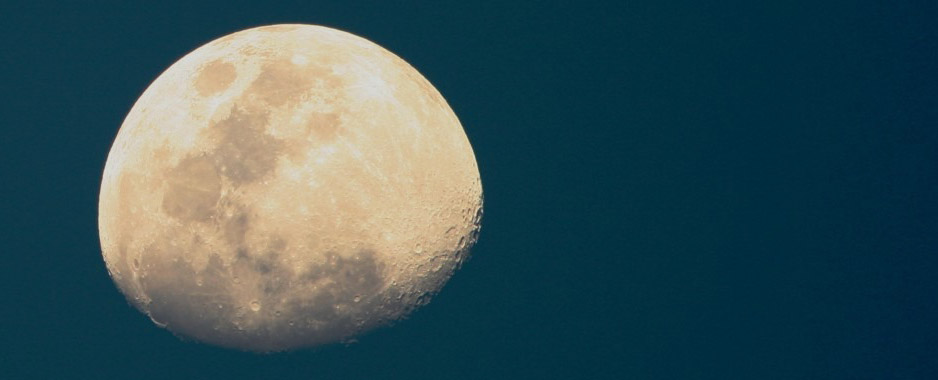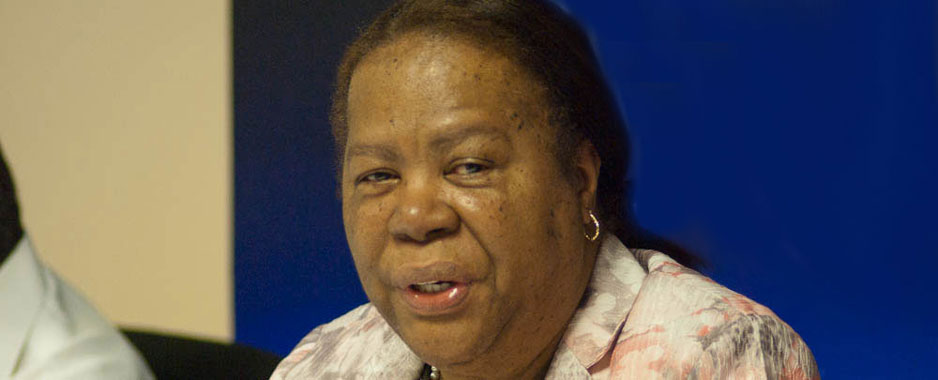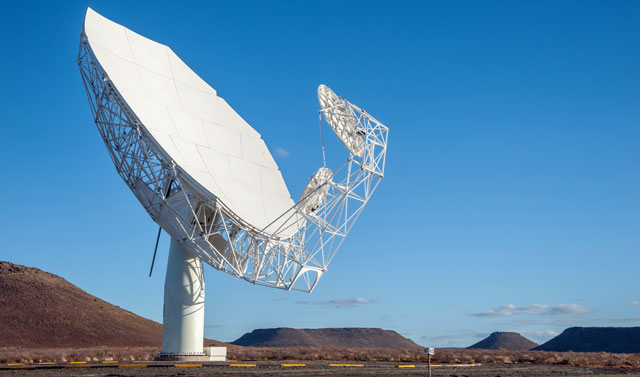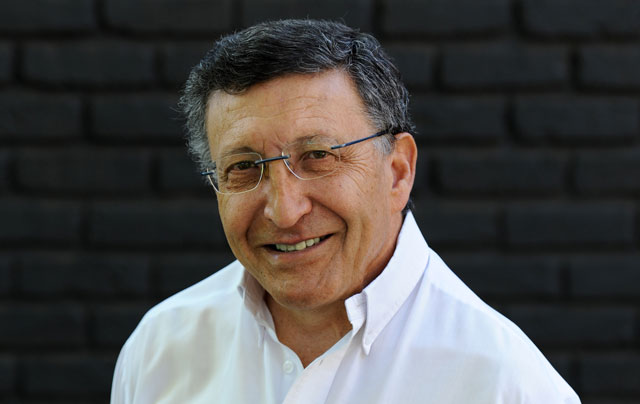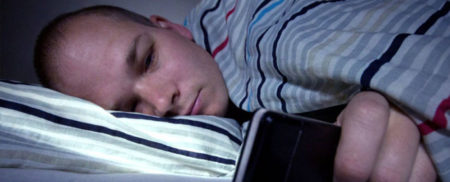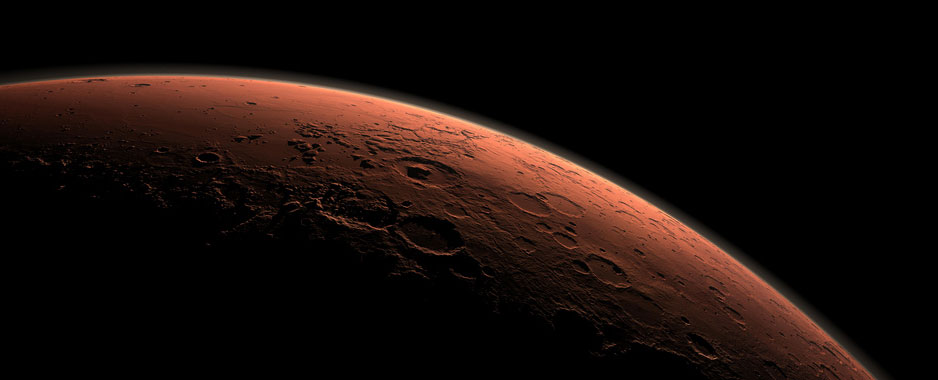In the coming decades, human beings will, for the first time, have comprehensive maps of the universe, says Roy Maartens, professor and research chair in cosmology at the University of the Western Cape. “If you have surveys [of the skies] from today to, say
Author: Sarah Wild
It is now Africa’s turn to go to the moon, according to the Cape Town-based Foundation for Space Development. The plan is to land a probe on the moon, or put one into orbit around it, and beam these images back to schoolrooms on the continent, as part of the
Porcini mushrooms and bacon, powdered and wrapped in a meringue. That was going to be the dessert for our three-course…
South Africa needs more research and development. This is what makes the figures from the latest annual R&D survey, conducted by the Centre for Science, Technology and Innovation Indicators at the Human Sciences Research Council, disappointing. The country has once again failed
Germany’s Max-Planck Institute for Radio Astronomy is to commit R150m to the construction and installation of radio receivers on South Africa’s MeerKAT radio telescope, it was announced on Tuesday. The 64-dish MeerKAT, expected to be
The day is coming, we are told, when the world as we know it ends. Somewhere in a laboratory, possibly Silicon Valley in the US or more likely a rogue research group in China or North Korea, an engineer or
Square Kilometre Array (SKA) South Africa director Bernie Fanaroff will retire at the end of next year. Former South African Nuclear Energy Corporation CEO Rob Adam will take over as “director designate” of the project, which will
The lights are off. You’re in bed, tossing and turning, worrying about the things you have to do the next day. You reach for your phone; its glowing surface turns the bedroom into a tableau of blue, grey and black. You check e-mails, scroll through Facebook, look at Twitter
It begins as a dusting of metal or plastic, melted together to form a single layer. Once the first layer has been melted, more granules are sprinkled on top and are welded to each other and the layer below. These layers are incredibly thin and allow a degree
The Mars One programme is offering civilians, including South Africans, the opportunity to create a human colony on Mars. Is this a revival of the golden age of discovery, when explorers left their homes to begin new civilisations? Or is it a “suicide mission” in which people die in space while we watch from



